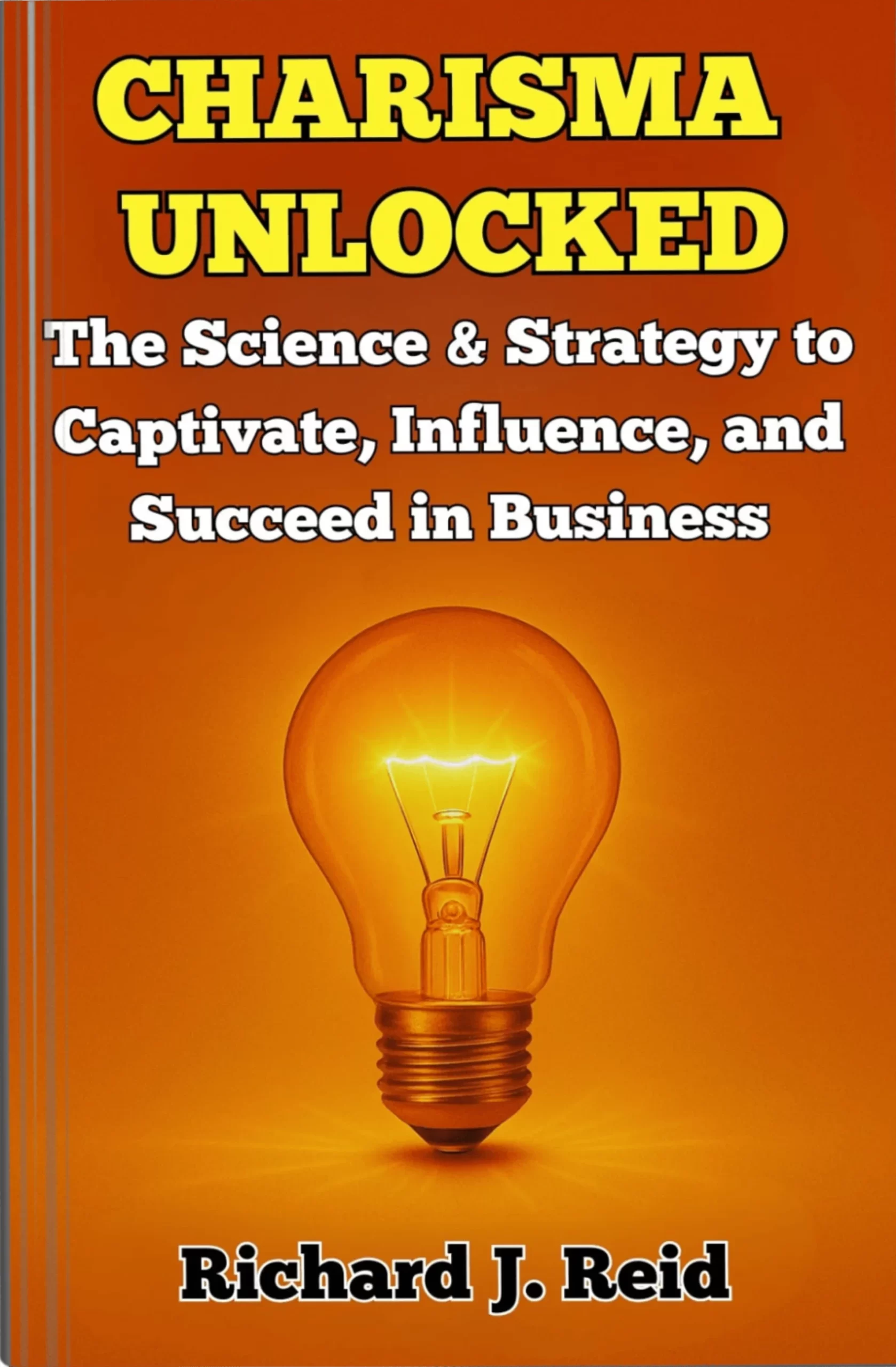When you’re in company, have you ever felt overshadowed, less interesting than those around you, or just reluctant to voice your opinion? In other words, do you feel that you lack charisma?
If you look up ‘charisma’ in the dictionary, you’ll see that it says:
Charisma (adj) 1. a rare personal quality attributed to leaders who arouse fervent popular devotion and enthusiasm, 2. a divinely conferred gift or power…”
So it is possible for us ‘normal’ people to have charisma? Can you develop your charisma or is it just something that the lucky few are born with?
If we go back a few centuries to the original Greek word ‘kharis’ meaning grace, beauty, and kindness, suddenly charisma doesn’t seem such an unattainable quality. It’s present in everybody; it just happens to be more developed in some people than others. This means that you can learn to develop your charisma, to help you get further in your life, your career or your business. Read on for some ideas on how you can do this.
You don’t have to be a world leader or a CEO to be deemed charismatic; in fact, it’s present all around you, amongst the people you meet with and talk to every day. There are four different types of charisma, which are:
Kindness: spreading love, making people feel welcomed and accepted, e.g. Oprah Winfrey
Focus: fully-engaged, making people feel heard, listened to and understood, e.g. The Dalai Lama
Visionary: people aspire to be like them as they make people feel inspired, e.g. Richard Branson
Authority: people are willing to be led by them as they make people feel safe, e.g. Barack Obama
Recognize Who You Are and Accentuate that Quality
It can’t have escaped your attention when the US presidential debates were running, the head to head debates provided a fascinating battle of opposing personalities, and therefore perceived charisma. To some, Trump is the visionary charismatic, whereas to others, Clinton has the gift of authority. What sort of charisma do you want to develop? Do you want to be known for your kindness and focus, or develop a reputation as someone with a vision or with authority? The first step to increasing your charisma is to decide what sort of charisma you want to be known for.
It’s Not Just What You Say, First Impressions Really Count
Non-verbal communication, such as body language, is massively important when forming impressions of people.
Back in the 1960s, Richard Nixon famously ‘lost’ to John F Kennedy in the live debates by sweating profusely under the hot studio camera lights, while Kennedy appeared calm, unruffled, and hence more charismatic. Nixon was subsequently deemed ‘untrustworthy’ and the election was lost before it had even begun.
In our day-to-day lives, we all employ a wide range of non-verbal gestures. Charismatic people are more proficient or more aware of how to use these gestures. This means that you can improve your charisma or ‘likeability’ through better use of your body language. Think now about what your body language says about you. Can you walk confidently into a room full of people? Do you have a firm handshake and can you maintain eye contact with people you speak to?
What Charisma Can Do For You in Your Personal Life
Charisma is not just useful in business. It can really help you in your personal life too. It can help you to overcome negative thought patterns that get in your way. Do you often find yourself over-generalising, jumping to conclusions or using critical words such as ‘should’ or ‘must’? Take some time during the day to catch yourself doing this and then turn those negative thoughts into positive ones.
Charisma can help you to improve your day-to-day happiness and achieve your personal and business goals. While some people have naturally high charisma, it can be learned by anyone and developed over time, to really help you to get ahead.




















